—: A Reverie :— The sky bends over in a sweet Forgiveness; earth is filled with light; And mellow autumn hues, soft winds That croon of summer lands; and thro' The brooding stillness comes a strain Of music, and, as leaves are swept Upon the river's tide away, My thoughts drift off and on to God.
—: Mother & Baby :— Tired at length of crying, Laughing, cooing, sighing, The baby lies so qui't and still Scarce breathing in his sleep; The mother watches, half-inclined To hide her face and weep.
—: On the Capture and Imprisonment of Crazy Snake :— Down with him! Chain him! Bind him fast! Slam to the iron door and turn the key! The one true Creek, perhaps the last To dare declare, “You have wronged me!” Defiant, stoical, silent, Suffers imprisonment! Such coarse black hair! Such eagle eye! Such stately mien!—how arrow-straight! Such will! Such courage to defy The powerful makers of his fate! A traitor, outlaw,—what you will, He is the noble red man still. Condemn him and his kind to shame! I bow to him, exalt his name!
—: Flowers :— When flowers fade, why does Their fragrance linger still? Have they a spirit, too, That death can never kill? Is it their Judgement Day When from the dark, dark mould Of April and May Their blooms again unfold?
—: What My Soul Would Be :— What mountain glens afar And woodland valleys are To echoes in the air, My soul would be To harmony.
Alex Posey (1873-1908; a.k.a. ‘Alexander Lawrence Posey’) was born in Eufaula in the Creek (Muscogee) Nation; “His father was Lewis H. Posey, a Scotch-Irish native of the Creek nation, born about the year 1841 and reared by a Creek woman who lived near Fort Gibson, after his parents—originally from Texas—died... He was a jolly, mirth-loving man, who never lost an opportunity to perpetrate a practical joke, and was said to have been the only white man of his time who could speak the Creek language perfectly.”
The eldest of 12 children, Posey belonged to the Wind Clan, through his mother’s lineage; “Nancy Philips, a Creek woman, daughter of Pohos Harjo, belonged to the Wind Clan... and is a member of the Tuskegee Town or Band of the Muskogee Nation.” Posey said of his parents; “My father was a self-educated man of uncommon intelligence, with a philosophical and scientific turn of mind, while my mother, unable to speak a word of English, is a woman of rare native sense.” (The Poems of Alexander Posey, 1910)
Posey attended Bacone College, and studied writing. Later worked at the Indian Journal, where he published his first poems and prose pieces, including the seminal ‘Fus Fixico’ (lit. ‘Heartless Bird’) letters, satirical commentary on local and national political issues, written in the Muscogee dialect. In 1895 Posey represented the Wind Clan on the Creek National Council, and was later the director of a Creek orphanage. In 1901 Posey founded and was the editor of the Eufaula Indian Journal, which attained national recognition for being the first indigenous-published daily newspaper.
“Posey was among the best known men in the Five Civilized Tribes, and was universally spoken of as ‘Alex’ Posey. He disliked the name ‘Lawrence’, and never used it.... In his home life Posey found true happiness. As a husband he was devoted and affectionate. As a father he was loving and indulgent. By temperament he was never exacting, but always appreciative.” (The Poems of Alexander Posey, 1910) Two years after his death in 1908, Minnie Harris—Posey’s wife—collected together his poems and published them in what would become the first widely distributed standalone collection by a Native American poet, in English;—following earlier Native American poets like Jane Johnston Schoolcraft, who’s husband published hand-written copies of her poetry written in the Ojibwe dialect in the 1820s, and John Rollin Ridge, who’s collection Poems was published posthumously in 1868.
“Poetry is our vernacular—not necessarily the stilted poetry of books,
but the free and untrammelled poetry of Nature, the poetry of the fields,
the sky, the river, the sun and the stars.”
“All of my people are poets, natural-born poets, gifted with wonderful imaginative power and the ability to express in sonorous, musical phrases their impressions of life and nature. If they could be translated into English without losing their characteristic beauty and flavor, many of the Indian songs and poems would rank among the greatest productions of all time. Some of them are masterpieces. They have a splendid dignity, gorgeous word-pictures, and reproduce with magic effect many phases of life in the forests—the glint of the fading sunshine falling on the leaves, the faint stirring of the wind, the whirring of insects—no detail is too small to escape their observation, and the most fleeting and evanescent impressions are caught and recorded in most exquisite language. The Indian talks in poetry; poetry is our vernacular—not necessarily the stilted poetry of books, but the free and untrammelled poetry of Nature, the poetry of the fields, the sky, the river, the sun and the stars. In our own tongue it is not difficult for the Indian to compose,—we do it instinctively—but when attempting to write in English we are handicapped: words seem hard, forms mechanical.” (The Poems of Alexander Posey, 1910)
—: After Alex Posey :— by Dick Whyte I. “Pray to the winds; they will be good helpers.” (Delphic Divination, c. 480 b.c.) pray to the wind when only wind will do rain & sun & blossoms too: everyone knows we have to grieve, but who knows why II. if the one-eyed god leaps out of its socket, celebrate— depending on the season, this is the kind of advice to be observed III. please, river i do not tire of you
Forgotten Poets Presents:
Forgotten Poems, a living anthology of obscure and out-of-print poetry from the late-1800s and early-1900s. Explore the archives:
More from the Book of Lost Rhymes . . .
Mary Effie Lee Newsome - 5 Short Poems & Illustrations (1921-1926)
—: Sunset :— Since poets have told of sunset, What is left for me to tell? I can only say that I saw the day Press crimson lips to horizon gray, And kiss the earth farewell...
Paul Laurence Dunbar - 6 Short Poems (1896-1903)
—: A Choice (1899) :— They please me not—these solemn songs That hint of sermons covered up. 'Tis true the world should heed its wrongs, But in a poem let me sup, Not simples brewed to cure or ease...
More poems about the gods . . .
Alfred Kreymborg - 6 Short Poems (1915-1917)
—: Clay :— I wish there were thirteen gods in the sky. One blessing won't do. Or even one god in me. I can't shape this thing alone...
More poems about mothers . . .
Helene Johnson - 4 Short Poems (1925-26)
—: Trees At Night :— Slim sentinels Stretching lacy arms About a slumbrous moon; Black quivering Silhouettes, Tremulous, Stencilled on the petal Of a bluebell; Ink spluttered On a robin’s breast...
More poems about children . . .
Margie-Lee Runbeck - 4 Short Poems (1921-26)
“Learning is rebellion… Every bit of new truth discovered is revolutionary to what was believed before.”
Octavia Beatrice Wynbush - 2 Short Poems (1925-1930)
—: The Song of the Cotton (1925) :— I sing of gleaming balls of down, rising from dark green stems, Of bronzed men and women with tired arms, and aching backs, Heart breaking toil that binds and chains the mind...
More poems about flowers . . .
Louise Stedman Bostick - 4 Short Poems (1922-26)
—: Life :— You may enthrone your heart In the petals Of a rosebud, Or form with it the nucleus Of a snowball; Inevitably Both will perish...
More poems about mountains . . .
Marjorie Muir - 2 Short Poems (1919)
—: Finis :— Gods upon your mountaintops— I hurl you back This beating, writhing, pain-filled Clod of flesh and blood. Did you put it in my keeping as a jest? Do you laugh now to see it dead?...









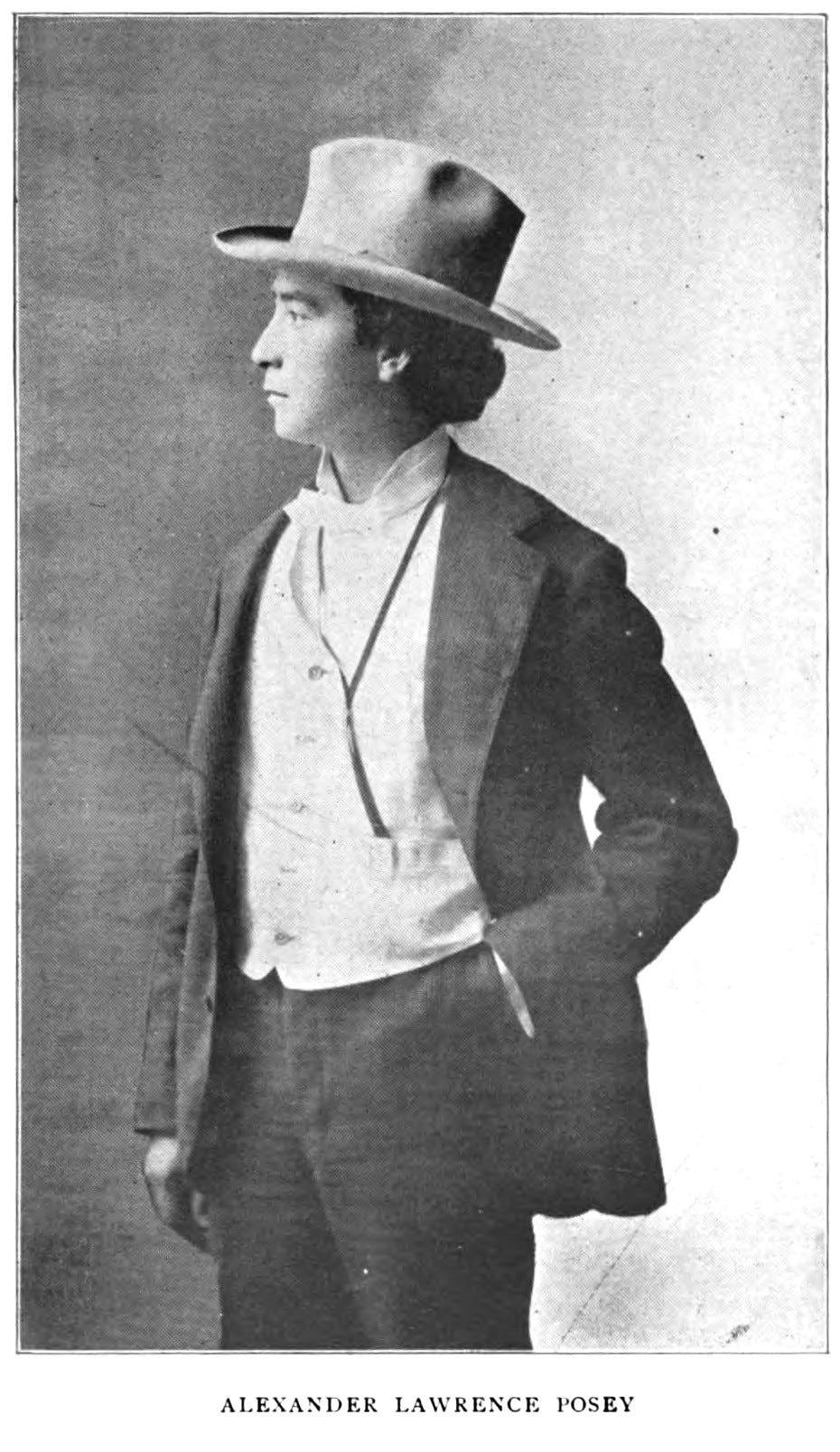



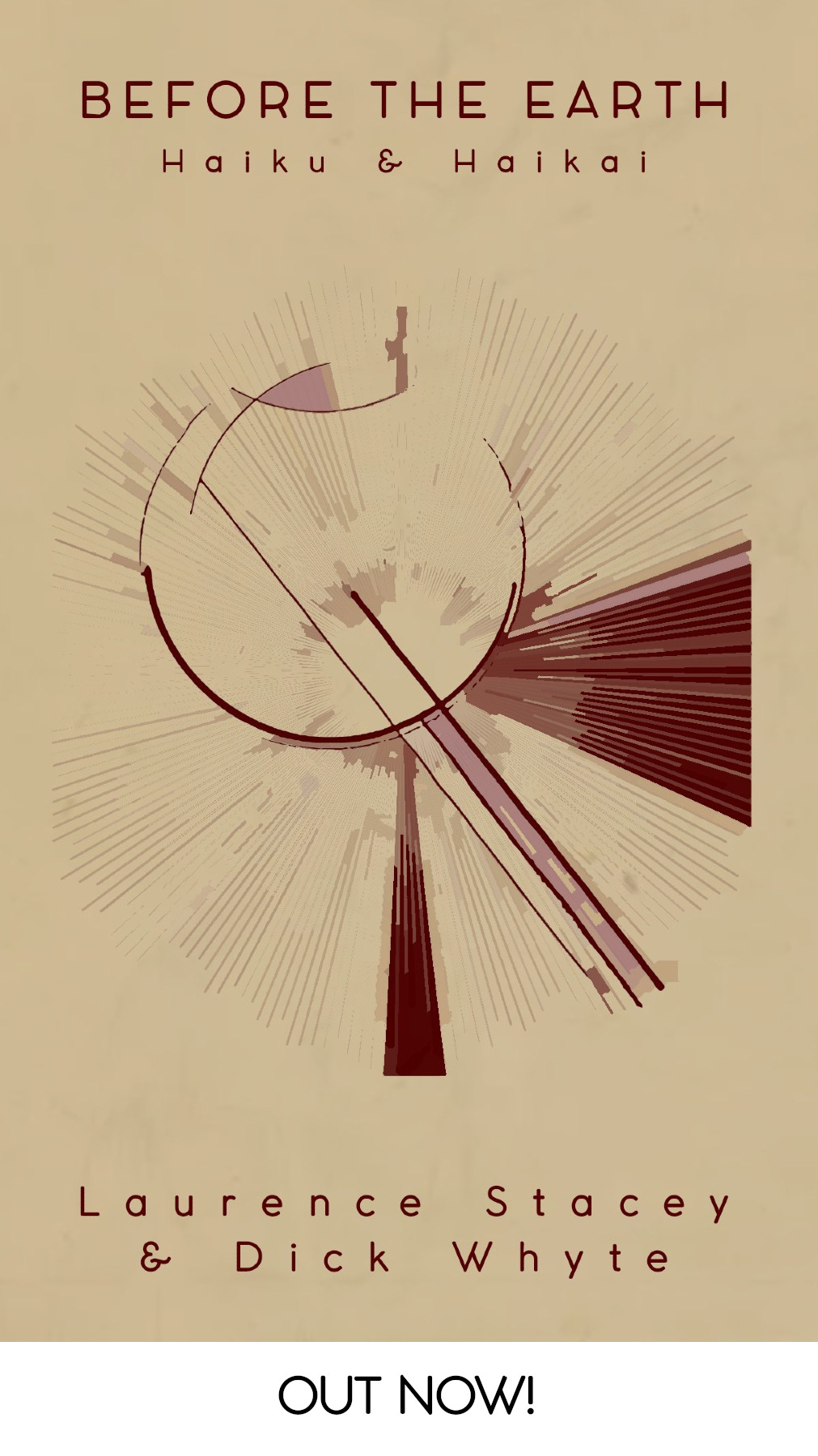
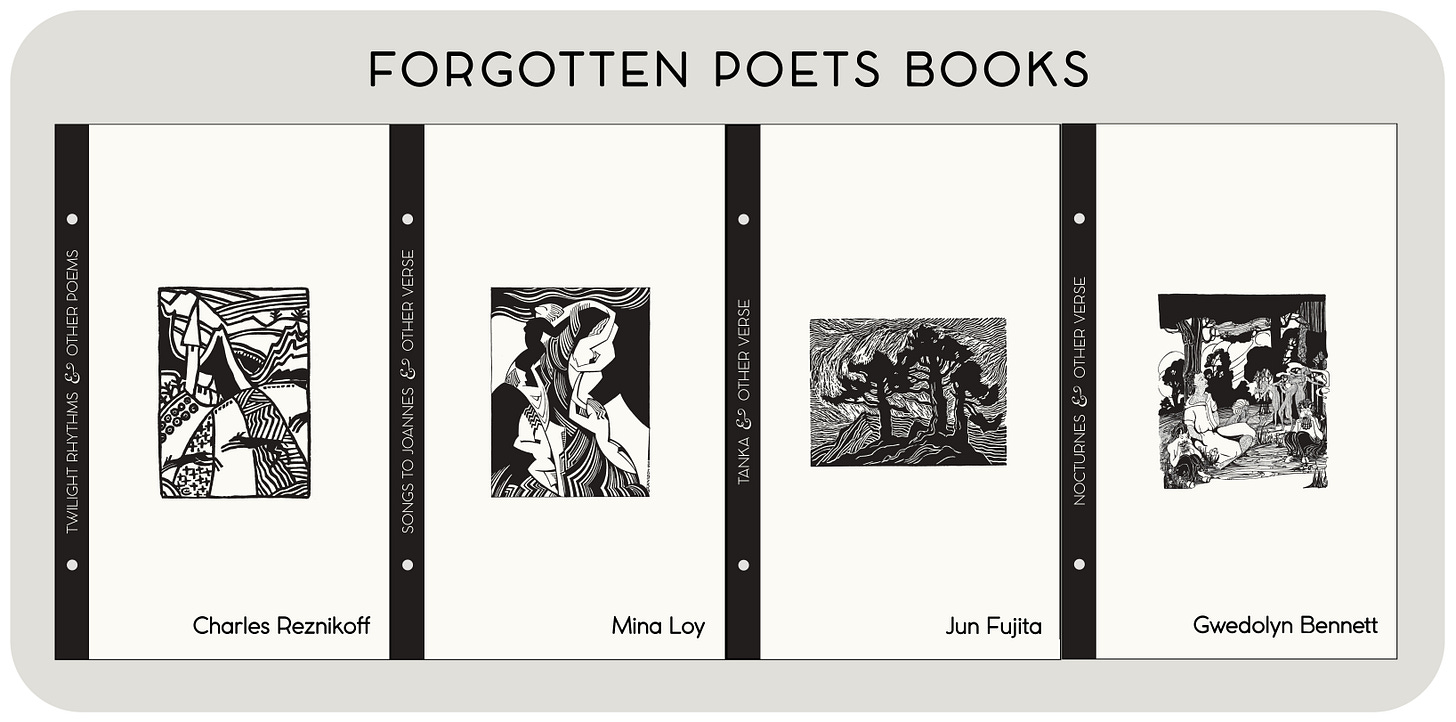
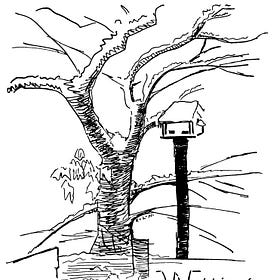



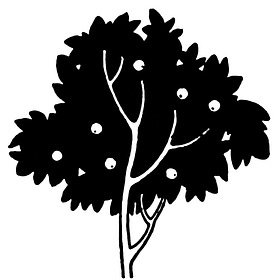

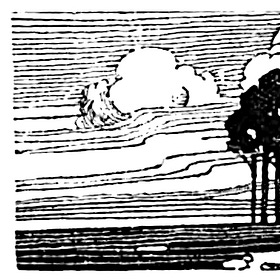
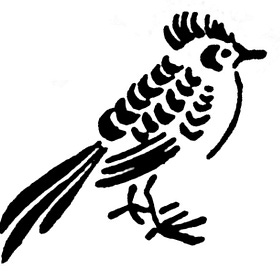
Thank you for sharing these poems. In a way, Alex lives again with each reading, and his soul soars again with those mountains and meadows he writes about.
Fascinating. I love these little stories: lost lives of vibrant people. I didn’t know of Alex Posey, and now I do. Thanks, Dick.